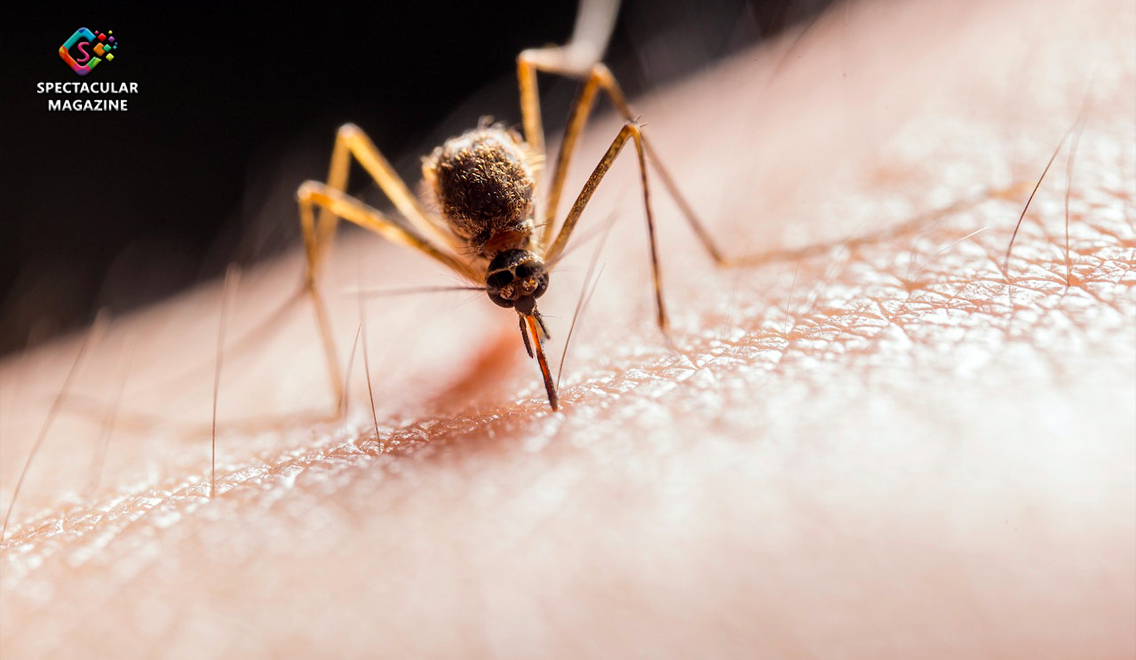Public Health Officials Remind North Carolinians to Take Precautions Against West Nile Virus
RALEIGH — The North Carolina Department of Health and Human Services reminds people to take precautions against mosquito bites following recent reports of West Nile virus (WNV) infection in the state. Late summer and early autumn are the most common time to become infected with mosquito-borne diseases in North Carolina, like WNV.
Five cases of WNV have been reported in North Carolina residents since Aug. 1. All individuals have recovered, and to protect their privacy, no other information will be released. Typically, only two or three WNV cases have been reported by this time of year.
“As we move into the fall months and colder weather, this is a reminder that mosquitos are still active and can transmit West Nile virus,” said Michael Doyle, State Public Health Entomologist. “We urge residents to take precautions and protect themselves from mosquito bites and local governments to implement integrated mosquito management methods for mosquito control.”
According to the Centers for Disease Control and Prevention, most people who become infected with WNV do not develop any symptoms. About one in five people who are infected develop a fever with other symptoms such as headache, body aches, joint pains, vomiting, diarrhea, or rash. About one in 150 infected people develop a severe illness affecting the central nervous system, such as encephalitis (inflammation of the brain) or meningitis (inflammation of the membranes surrounding the brain and spinal cord).
West Nile is not the only mosquito-borne virus in the state. Approximately 20 cases of La Crosse encephalitis are reported each year in the western part of the state, and one case has been reported so far in 2023. There is also always a small risk of contracting eastern equine encephalitis in the eastern counties, but no cases have been reported this year.
NCDHHS recommends individuals take the following precautions to protect against mosquito bites and mosquito-borne illness:
- Use mosquito repellent that contains DEET (or equivalent) when outside in areas where mosquitoes might be present.
- Use caution when applying repellent to children. See www.epa.gov/insect-repellents/find-repellent-right-you for repellants that will work for you and your family.
- Install or repair and use window and door screens.
- Close doors without screens, including garage doors. Do not leave doors propped open.
- Use air conditioning if needed due to a lack of window or door screens.
- Reduce mosquito breeding by emptying standing water from flowerpots, gutters, buckets, pool covers, pet water dishes, discarded tires, birdbaths, etc., at least once a week.
- If you think you or a family member might have WNV disease, talk with your healthcare provider.
Local, state, and federal public health agencies work throughout the year to investigate and respond to cases of mosquito-borne infections, educate the public on preventing mosquito bites, and support local mosquito management programs.
For more information on West Nile virus and the prevention of mosquito bites, visit epi.dph.ncdhhs.gov/cd/diseases/wnv.html and www.cdc.gov/westnile/faq/repellent.html.


